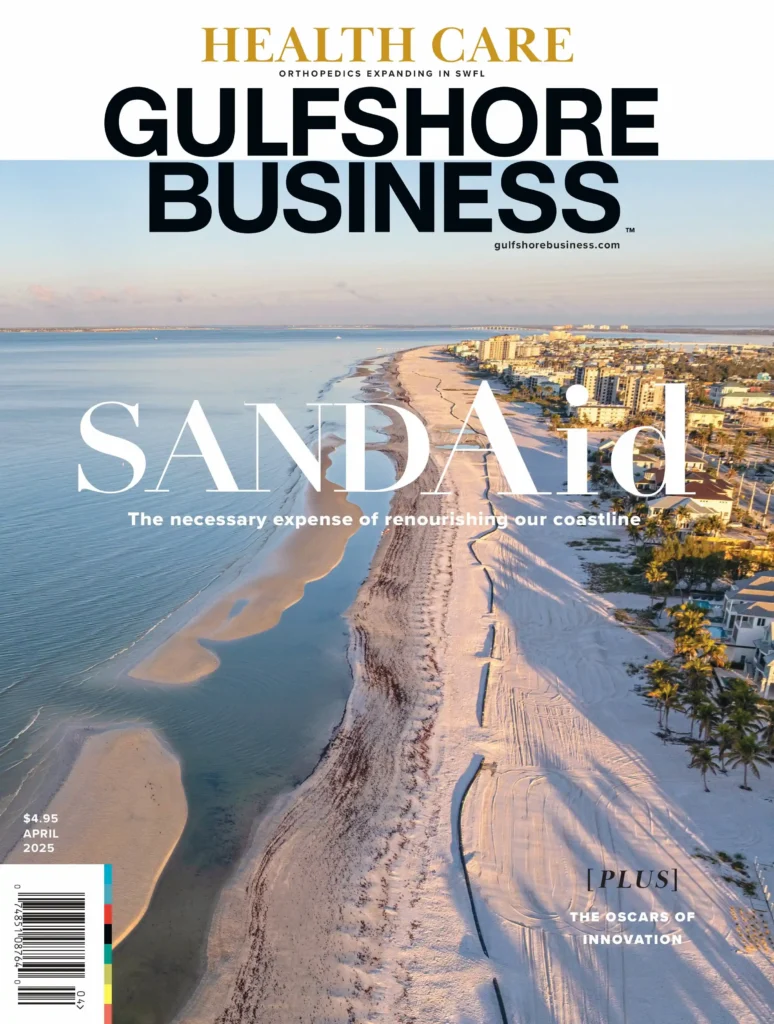Charlotte County Commissioners postponed Tuesday the first of two public hearings on changing an existing county code to allow alternative housing units, after a number of concerns were raised.
The amended code would allow homeowners to convert a garage, for instance, into an accessory dwelling unit, or ADU, for a family member, such as a parent or grandparent. It also would allow duplex units in certain areas zoned for residential single-family units.
Exempt would be neighborhoods with deed restrictions and areas in a Coastal High Hazard Area on Federal Emergency Management Agency flood maps.
County Planning and Zoning Official Shaun Cullinan made a presentation before the board, which was the culmination of workshops addressing the need for affordable and workforce housing for those with low incomes who meet certain criteria.
The county’s goal is to add 200 affordable units per year, and one of the ways to address the affordable and low-income housing shortage would be to initiate a pilot program that would run through 2033 and allow for ADUs and duplex units.
As commissioners discussed the zoning amendment, questions arose. Chairman Bill Truex asked if an aging family member living in the ADU dies, could the unit then be used for visitors?
“How do we police that?” Truex said.
 Commissioner Joe Tiseo, a liaison for the county’s Affordable Housing Advisory Committee, asked for guidance in scenarios where a person is no longer living in the ADU or if it doesn’t meet affordability guidelines.
Commissioner Joe Tiseo, a liaison for the county’s Affordable Housing Advisory Committee, asked for guidance in scenarios where a person is no longer living in the ADU or if it doesn’t meet affordability guidelines.
Cullinan said the county would order the owner return the structure to its previous state.
Commissioner Chris Constance suggested instead of running the pilot program throughout the county, it might be limited to the Parkside area, which is on a sewer system. The other area mentioned for the pilot program was Murdock.
Charlotte Harbor, which also is on city sewer lines, wouldn’t qualify since it is in Coastal High Hazard Area zone. Housing assistance funding exempts structures within that zone.
Another issue raised was that having Parkside, a Port Charlotte neighborhood with older homes and low-income residents, be part of the pilot project would allow residents to rent out part of their home and provide housing for someone who would be unable to afford rent elsewhere.
Truex asked whether that would be considered spot zoning, and the board returned to other potential problems, deciding that if initiated, the program would be countywide.
Tiseo posed the hypothetical situation of buying a single-family lot in a neighborhood with vacant undeveloped lots, and then builders develop the lots into multifamily structures.
He said the county must balance peoples’ rights so as not to change their quality of life.
The board tabled the matter and awaited hearing from Colleen Turner, senior manager of human services and the Affordable Housing Advisory Committee, or AHAC.
At Wednesday’s AHAC meeting, Turner and fellow members voted to develop a task force to define and develop the ADU Pilot Project.
Tiseo was present at the AHAC meeting. “Our board didn’t shut it down but pushed it off,” he said.
He mentioned issues with having duplex units in single-family neighborhoods built in single-family zones.
Planning and Zoning board member Michael Gravesen, an AHAC member, said a neighbor in a single-family home could end up with two neighbors next door. He said the committee should seek comment from the public.
Tiseo suggested evaluating other counties’ handling of the issue.
Florida Housing Coalition offered technical assistance to counties on ways to use accessory dwellings as affordable housing, and Turner asked the coalition to work with Charlotte County. The information gained will be used by the task force.
“We’ll know in January which communities will be selected for technical assistance,” Turner said. She added AHAC’s first public hearing on the project will be at 10 a.m. Nov. 29, at the Family Services Center, Teaching Kitchen A, 21500 Gibralter Drive in Port Charlotte.
The second reading will be in December, and AHAC will deliver its task force findings to commissioners in the first half of December.





